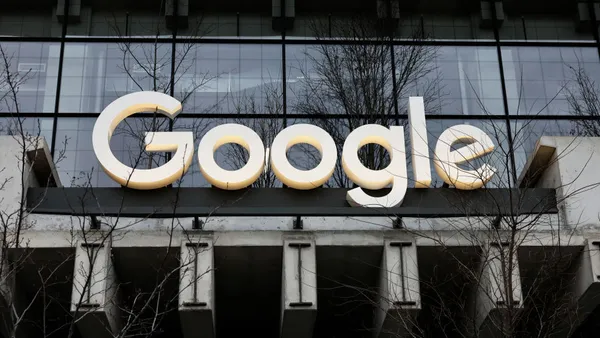Dive Brief:
- Marketers face greater challenges with their digital marketing strategies, including efforts to personalize customer experiences. About two-thirds (63%) of digital marketing leaders said they continue to struggle with personalization, consulting firm Gartner found in a survey of 350 executives.
- A key challenge is implementing newer technologies like artificial intelligence (AI) and machine learning (ML) to support customer acquisition and retention. Only 17% of marketing leaders are using AI/ML broadly, even as 84% said the technologies enhance the ability to deliver real-time, personalized experiences, the survey found.
- A main barrier to adoption of AI/ML is trust in the technology, but that hurdle can be overcome with increased usage. While 75% of marketers piloting AI/ML said they fret over trusting the technology, only 53% who use it broadly for marketing express similar concerns, Gartner found.
Dive Insight:
Whether described as one-to-one marketing or personalization, the idea that mass marketers can individualize experiences for customers has been around for years. What's changed is the explosion in consumer data as people spend more time online, generating massive amounts of information about their activities. Personalization requires more sophisticated technologies like AI/ML to process data quickly and recognize patterns that help to predict the effectiveness of customized experiences.
However, Gartner's latest survey indicates that marketers have grown more frustrated with personalization in the past few years, during which the global pandemic triggered a massive shift in people's media consumption and shopping habits. The firm's latest findings echo its 2019 study that predicted 80% of marketers would abandon their personalization efforts by 2025. That forecast reflected the frustrations with collecting data from consumers who had grown more distrustful about sharing personal information, greater scrutiny by regulators and efforts by technology companies to limit online audience tracking. In addition, the growth in digital walled gardens makes it more difficult for marketers to tell if their advertising is reaching different consumers or the same groups too often.
Gartner's most recent study found that marketers see challenges in every aspect of their digital strategies at a higher level than they did two years ago. The percentage of marketers who said "delivering personalized experiences to customers" was a challenge rose to 23% this year from 15% in 2019, an 8-percentage-point difference that marked the biggest shift in the survey. Respondents who said "mapping digital marketing message to audience channel preferences" was a challenge climbed to 22% from 16% during those periods, which may reflect the significant shift in media consumption during the pandemic to digital channels from outlets like traditional linear TV.
Processing and analyzing consumer data remain a major challenge, the survey indicates. The portion of respondents who said "leveraging integrated customer data to drive digital marketing execution" was a challenge climbed to 25% this year from 21% in 2019. Gartner observed the same increase among marketers who cited compliance with privacy regulations as a challenge.
"A comprehensive personalization strategy and roadmap can be deciding factors in the results marketers achieve from their personalization efforts, yet most marketing organizations lack an effective personalization strategy — let alone one that is explicitly linked to desired business and customer goals," Noah Elkin, vice president analyst in the Gartner for Marketers practice, said in a statement. "They should focus on addressing longstanding personalization challenges by channeling their existing collection and use of customer data toward customer needs that align with business goals."
To address the personalization dilemma, Gartner suggests marketers develop frameworks that tie deployment of tech to objectives while factoring in costs and ROI; leveraging existing tools before trying out new technologies; and account for the impact of new tech on organizations by factoring in staffing and training needs.
Gartner's 2019 forecast came a month before Google rocked the ad world with its plans to end support for third-party cookies, a popular tracking technology, in its popular Chrome browser. Apple five months later announced plans to update its software to ask customers if they would agree to share device identifiers with advertisers to track them online — and many people say they will opt out. Marketers have expressed concern the move will impair their targeting and personalization efforts.














